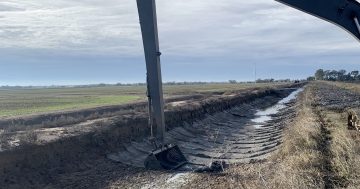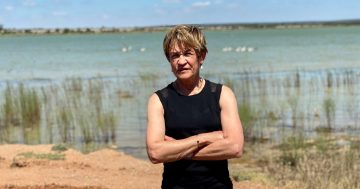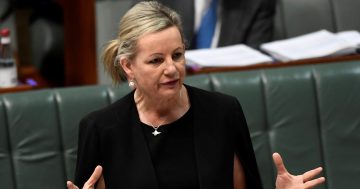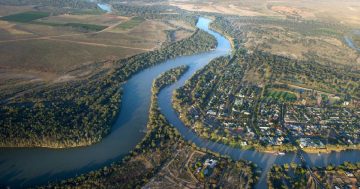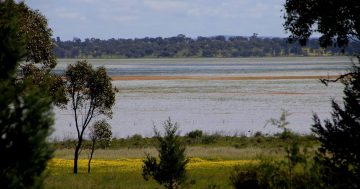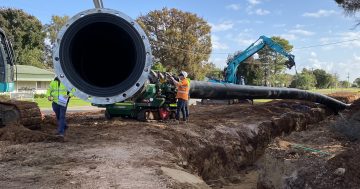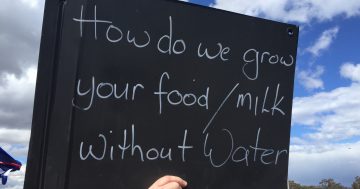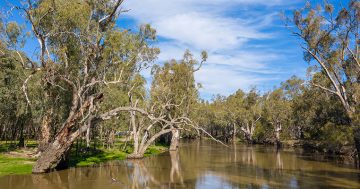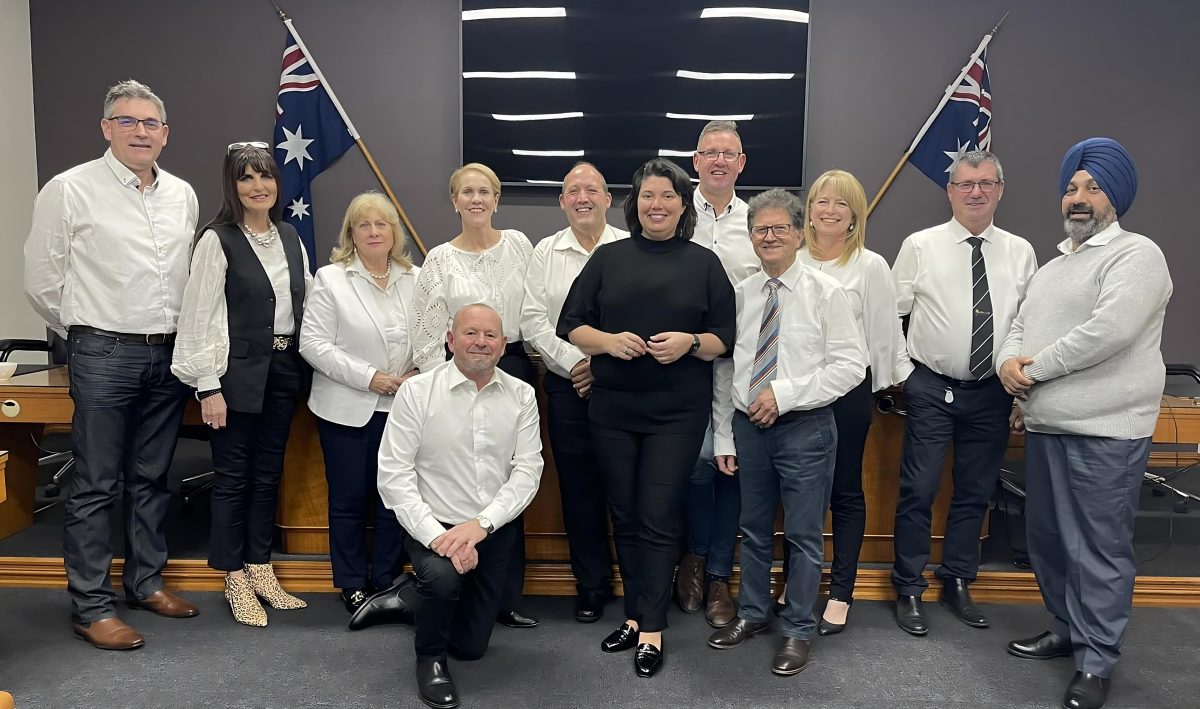
Griffith City Council says water buybacks would devastate its town. Photo: Griffith City Council.
Griffith City Council has slammed a proposed new law that would allow the Federal Government to buy back water from irrigators, saying the move would “decimate one of the most prosperous growing areas in Australia”.
Water “buybacks” occur when the government steps in to purchase water entitlements from farmers, so that more water can be restored to the rivers.
They were introduced under the Murray-Darling Basin Plan in 2012 – an agreement between the Federal Government and states to improve the health of our river system by limiting irrigation.
Buybacks were halted under the previous Coalition government, which preferred to reduce water use through investment in infrastructure and efficiency measures.
However, the current Albanese Labor Government is set to bring them back via its new Water Amendment (Restoring Our Rivers) Bill 2023, which was passed in the House of Representatives and is before the Senate.
Griffith mayor Doug Curran said the bill threatened the future of Griffith and other irrigation communities.
“Buybacks will decimate one of the most prosperous growing areas in Australia,” he said. “Our government forefathers knew the potential of this area – it’s a pity our current government seems determined to destroy that legacy.
“Once we lose food security, we will be reliant on imports and we will have no control over our own destiny.”
While buybacks are done on a voluntary basis, the council is concerned about the wider impacts of farmers selling their water licences and then leaving town – meaning fewer jobs, reduced population and further decline for already neglected rural areas.
“The Federal Government is completely ignoring the impacts to communities,” councillor and rice farmer Glen Andreazza said. “They appear hell-bent on achieving water recovery targets without any ‘further delay’ and they will pay whatever is required to have farmers agree to sell their water to them to achieve this politically opportunistic agenda. I’m guessing a premium of up to 50 per cent above the true market value.
“This is an enormous waste of public funds. Public funds should be utilised to continue with improving efficiencies and better managing water in the distribution network.”
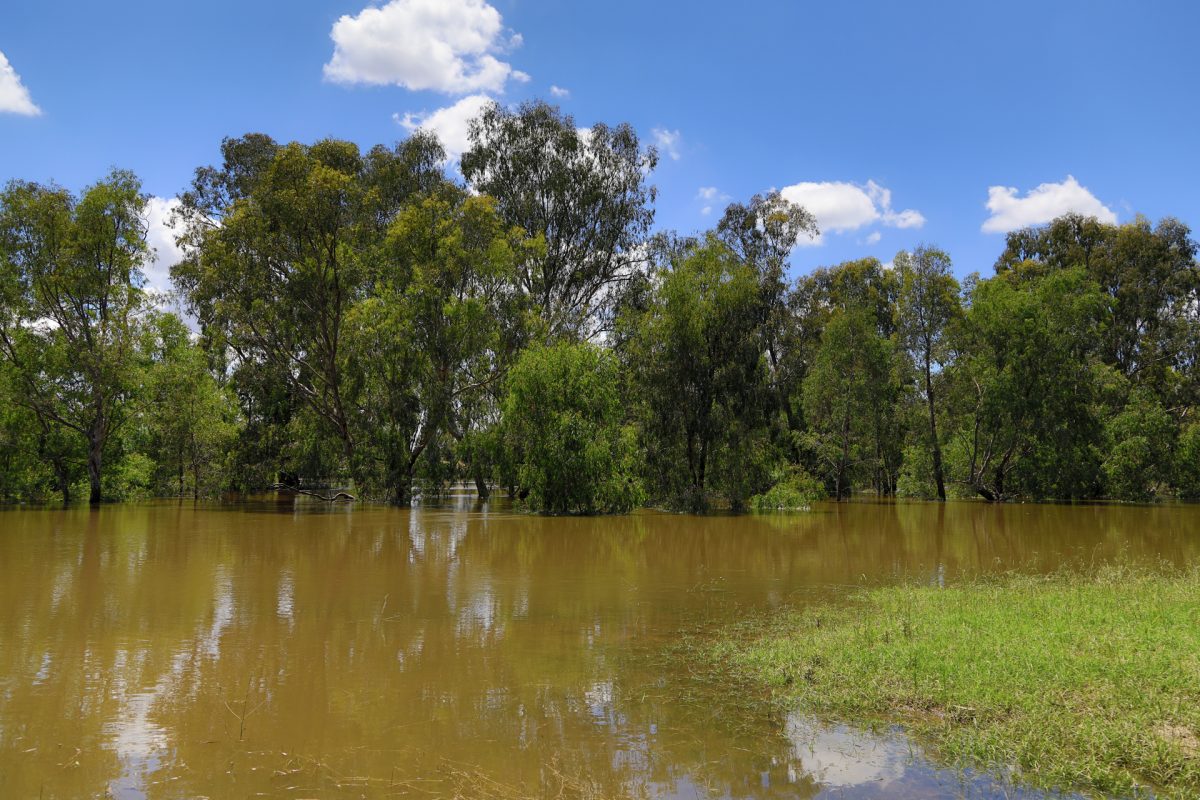
The Murrumbidgee River. Photo: Michelle Kroll.
The price governments pay for buying back irrigation water has been the subject of much controversy over the past decade.
Most notably, the former Coalition Government was criticised for its $80 million purchase for unreliable water entitlement from the company Eastern Australia Agriculture in Queensland’s Condamine Balonne Catchment in 2017. This netted the Cayman Islands-based multinational a $52 million profit at the taxpayer’s expense and later became known as Australia’s own ‘Watergate’ scandal.
Farmers and regional communities generally prefer money to be spent on improving infrastructure to enhance water savings, rather than buying water from irrigators directly.
However, council’s general manager Brett Stonestreet said state and federal government “bureaucracy, red tape and ineptitude” had meant that projects proposing improved water efficiencies had stalled.
“These centralised bureaucracies are totally disconnected with those who live and work in the Murray-Darling Basin. The delivery of the projects should be shifted to regionally based entities who already have a track record of getting work done on time and budget. The bill proposes an additional 18 months to have projects implemented. This is not enough time,” he said.
“Community and business confidence in the basin will be decimated by this government agenda and our nation as a whole will suffer the consequences for generations to come.
“Twelve years ago, the Murray-Darling Basin Plan landed in laps of regional communities and the result was a smashing of business and community confidence. The NSW Department of Planning at that time immediately adjusted down the forward population projections for Griffith. They projected a reduction in population by 20 per cent. This resulted in plummeting real estate values as well as constricted private and public sector investment. This cannot be allowed to happen again.
“This bill is about securing political seats in parliament leading into the next election not the greater good of the basin as a whole. It will impact every Australian in the long run with our food and fibre coming to your local shop via a shipping container from overseas.”
The legislation is expected to be voted on in the Senate later this month. If passed, it will become law.








